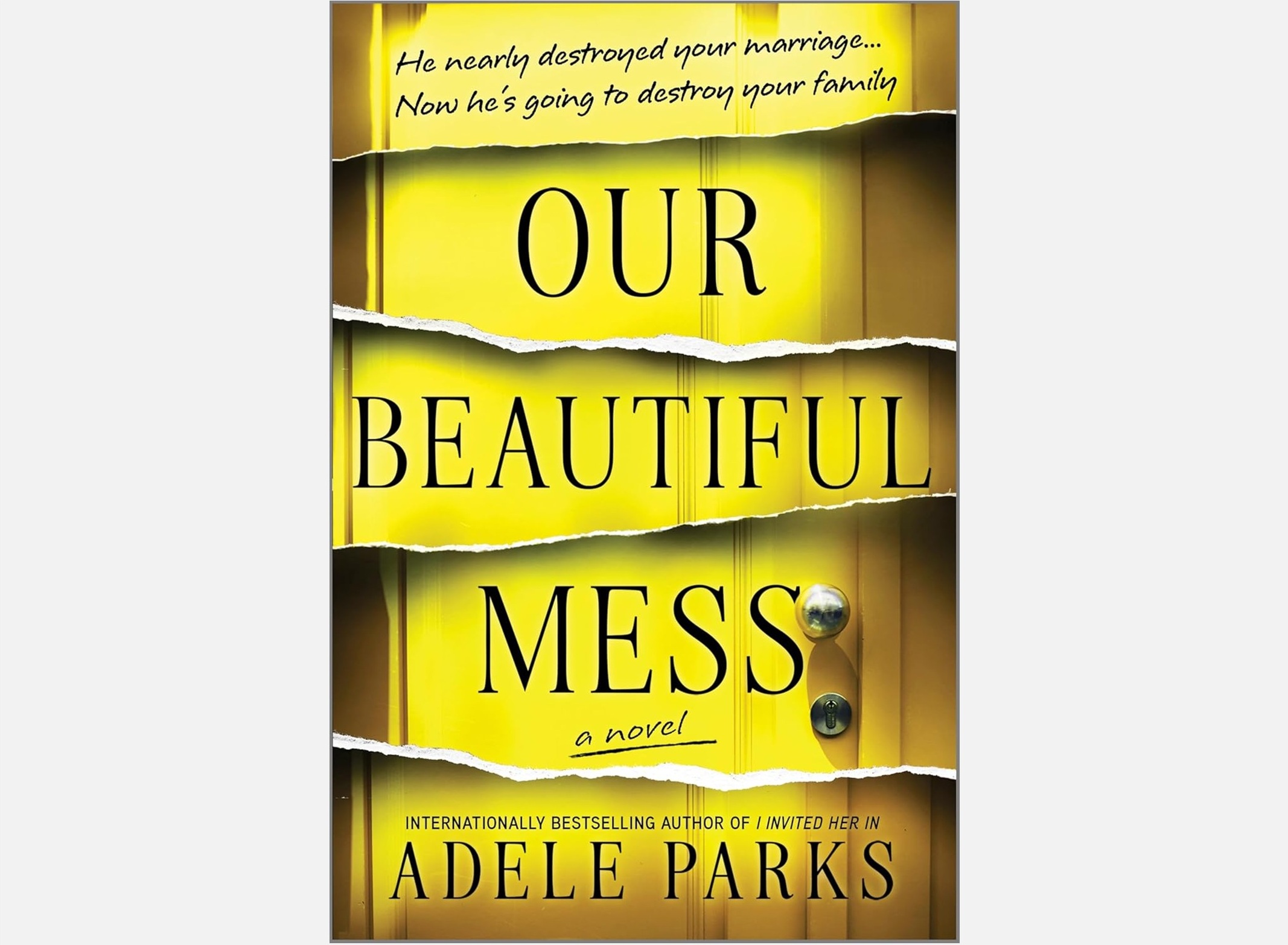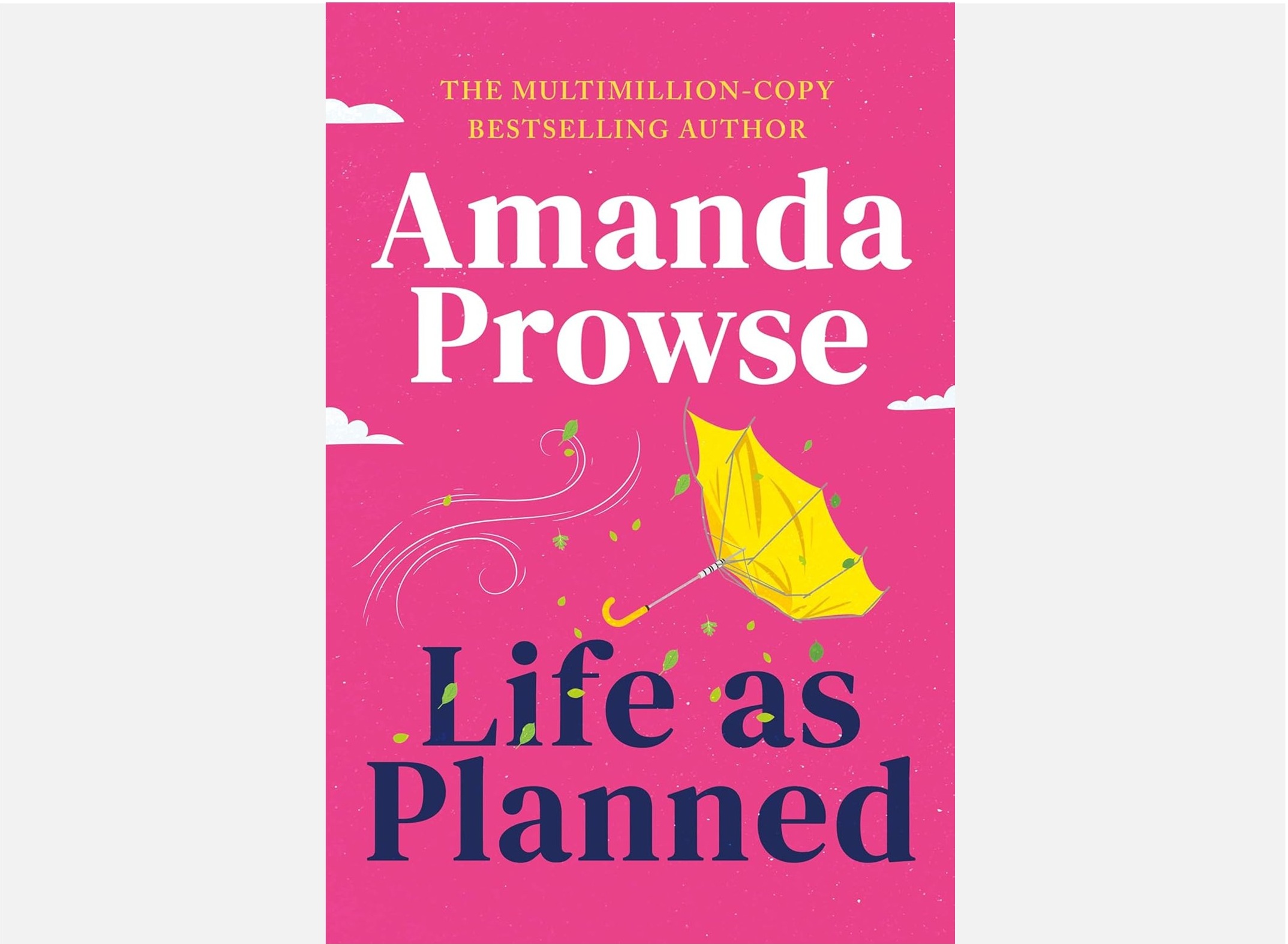Story for the Week
When the movie WarGames was released in 1983, it was classified as science fiction. Oxford defines this as “fiction based on imagined future scientific or technological advances and major social or environmental changes, frequently portraying space or time travel and life on other planets.” The keyword here is imagined.
The premise of the movie is that a computer whiz high school student played by Matthew Broderick unwittingly hacks into a government supercomputer and begins playing a game called Global Thermonuclear War, which the computer program perceives as a nuclear attack by the Soviet Union and goes on the defensive, potentially setting World War III into motion.
In order to stop the process, the program’s creator, who was regularly “asked” by his computer if he would like to play a game, suggests having the program play tic-tac-toe against itself. The program eventually learns that there’s no way to win tic-tac-toe, thus determining that there’s no way to win Global Thermonuclear War, and stops the impending nuclear attack. Crisis averted, everyone lives happily ever after, and millions of people who saw that movie worried about what computers could be capable of.
If the same movie were released today, none of it would be imagined. This is the world we live in. It’s not science fiction. It’s reality.
Artificial intelligence (AI) is hardly a new concept. A 2017 article out of Harvard University called “Can Machines Think?” outlined that the concept of AI existed in the 1950s, but computers weren’t powerful enough or fast enough back then to do what they’re capable of today.
It’s hard to escape AI and machine learning. Facebook displays ads for things we’ve searched in Google. Google enters search suggestions as we type based on other searches. Amazon recommends products based on other products we’ve viewed. Netflix, Hulu, and Amazon Prime Video suggest shows or movies based on other shows we’ve watched. Spotify, Google Play, and Amazon Music create playlists based on other songs we’ve listened to and liked or disliked.
These are all examples of programs learning our preferences as a way to introduce us to something that might prompt a purchase. A little creepy? Maybe. That said, three of the Christmas gifts I gave this year were based on things that randomly popped up in my Facebook feed, more than likely based on something else that I looked at. They were all great gift ideas and loved by the recipients.
In November of 2019, my husband and I purchased a 2017 Platinum Ford Explorer. I insisted that we didn’t need to go so high-end, which shouldn’t be surprising to anyone who read What Happens When You Marry a Shopper?, but we got a great deal so we took the leap. Since then, there were several times that I told Dennis about a feature I loved, and he would say, “You mean in the truck you said we didn’t need?” Not gonna lie, the bells and whistles are a little addictive, and I have said more than once that I’ll never go back to a basic model.
I call it my “smart car.” If I try to change lanes without a turn signal, I’ll feel the pull because the lane-keeping assist activates, but if I use my turn signal, it doesn’t. When my fuel level reaches “50 miles to empty,” the map for the GPS will highlight all the gas stations. I haven’t had the courage to use the automatic parking feature, which finds a parallel space the car will fit into and then park it for you.
But the thing I discovered most recently was the distance-pacing cruise control, where I can set the cruise control and my following distance, and my speed will automatically adjust based on the settings. No more having to hit the brake when I get too close to the person in front of me like with older cruise controls. When I move over to pass a slower driver, the car will start to speed up as soon as I activate my turn signal to change lanes. Not once I move over—as soon as I signal to move over. (And the heated and cooled front massage seats, while not AI, are simply amazing.)
AI can be just for fun too. One of my daughter’s friends told her about an article on The Pudding. “How Bad is Your Spotify” analyzes your saved songs and playlists and judges you based on those preferences and your play history. I don’t use Spotify, so I couldn’t analyze my own, but the judgement of Corinne’s taste in music is pretty hilarious. (And yes, she really does listen to The Greatest Showman soundtrack a lot and has watched the movie about nine times.)


One of my new favorite authors published a book about a tech founder who created the perfect wife. It was frightening and fascinating and one that you should definitely add to your list.
Book Review
⭐⭐⭐⭐⭐
5 Stars for The Perfect Wife by JP Delaney
413 pages
Publisher: Ballantine Books
Publication Date: August 16, 2019
I received an advance copy of this title from NetGalley and Random House-Ballantine Books.
Publisher’s Description
Abbie awakens in a daze with no memory of who she is or how she landed in this unsettling condition. The man by her side claims to be her husband. He’s a titan of the tech world, the founder of one of Silicon Valley’s most innovative start-ups. He tells Abbie that she is a gifted artist, an avid surfer, a loving mother to their young son, and the perfect wife. He says she had a terrible accident five years ago and that, through a huge technological breakthrough, she has been brought back from the abyss.
She is a miracle of science.
But as Abbie pieces together memories of her marriage, she begins questioning her husband’s motives—and his version of events. Can she trust him when he says he wants them to be together forever? And what really happened to Abbie half a decade ago?
Beware the man who calls you . . .
THE PERFECT WIFE
************
I KNEW IT!! OK, I totally didn’t know it!
If you are at all fascinated by artificial intelligence and the possibility of empathetic robots, this is an excellent read. If you get caught up it psychological thrillers, this is a great book for you.
JP Delaney’s The Perfect Wife grabbed me from the first chapter. Not giving anything away since we discover that something happened to Abbie in the very first chapter, the story is told from two different perspectives. An unknown (until the end) narrator tells the story of Abbie, the artist, and how she came to work for Scott Robotics, fall in love with and marry its founder Tim, and then tragically vanish. In opposing chapters, we follow Abbie the “cobot” (companion robot) as she learns about Abbie’s life and tries to become Abbie.
About 40% of the way through, I was certain I had it figured out. I was even making bets with my daughter and her friends on different theories. About 65% of the way through, I was thrilled that I was right and just wanted to see how everything played out.
In the end, I was so very wrong! I have been a fan of JP Delaney since reading Believe Me, and I will continue to be a fan if he keeps them coming like this.
What a fantastic read!
If you enjoyed this post, please comment below. Subscribe for regular updates, and share it with your friends. If you’re interested in starting a conversation, send an email to booksundertheblanket@gmail.com.
As an Amazon affiliate, I earn a small commission at no cost to you when you make a purchase using the links on my site.




